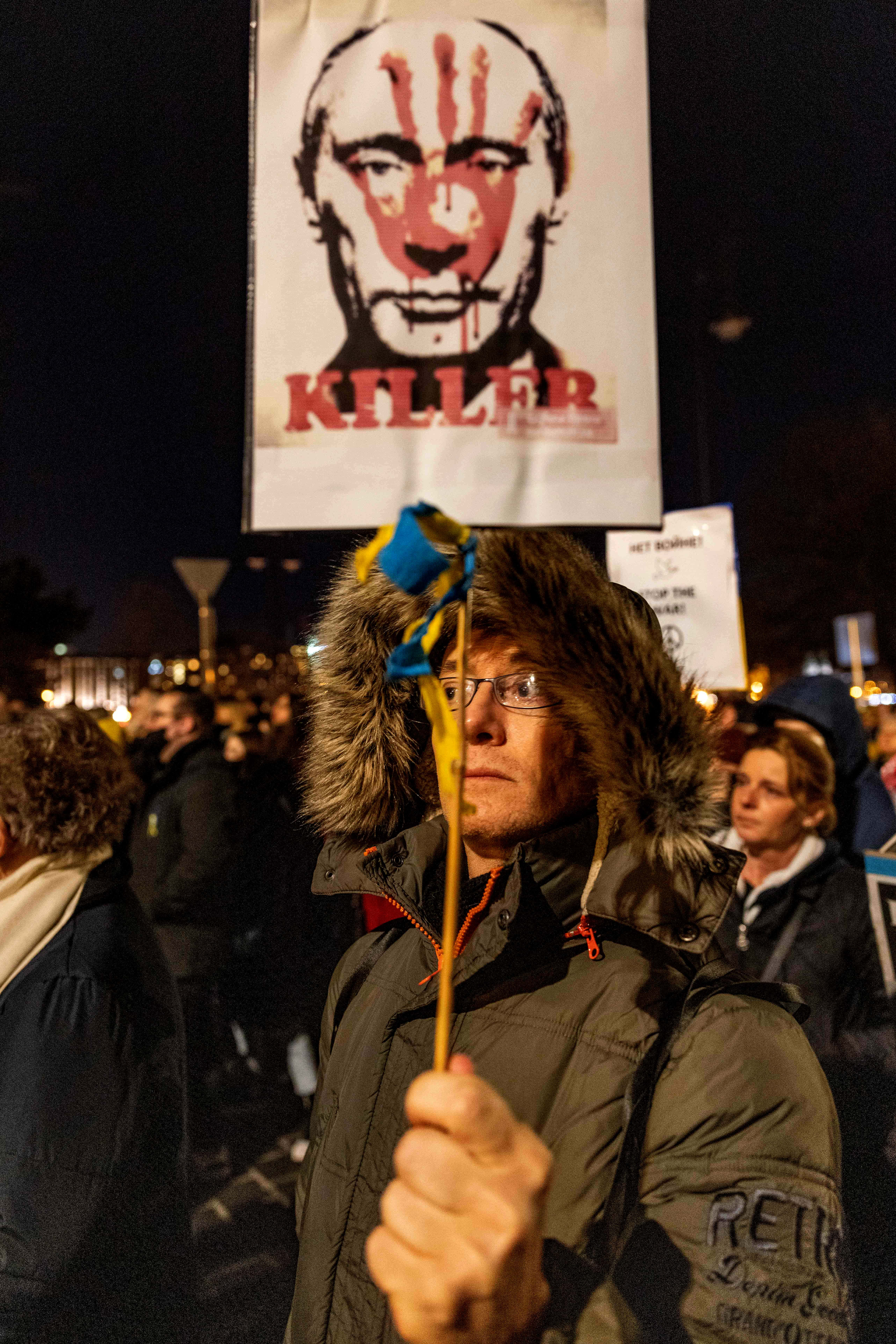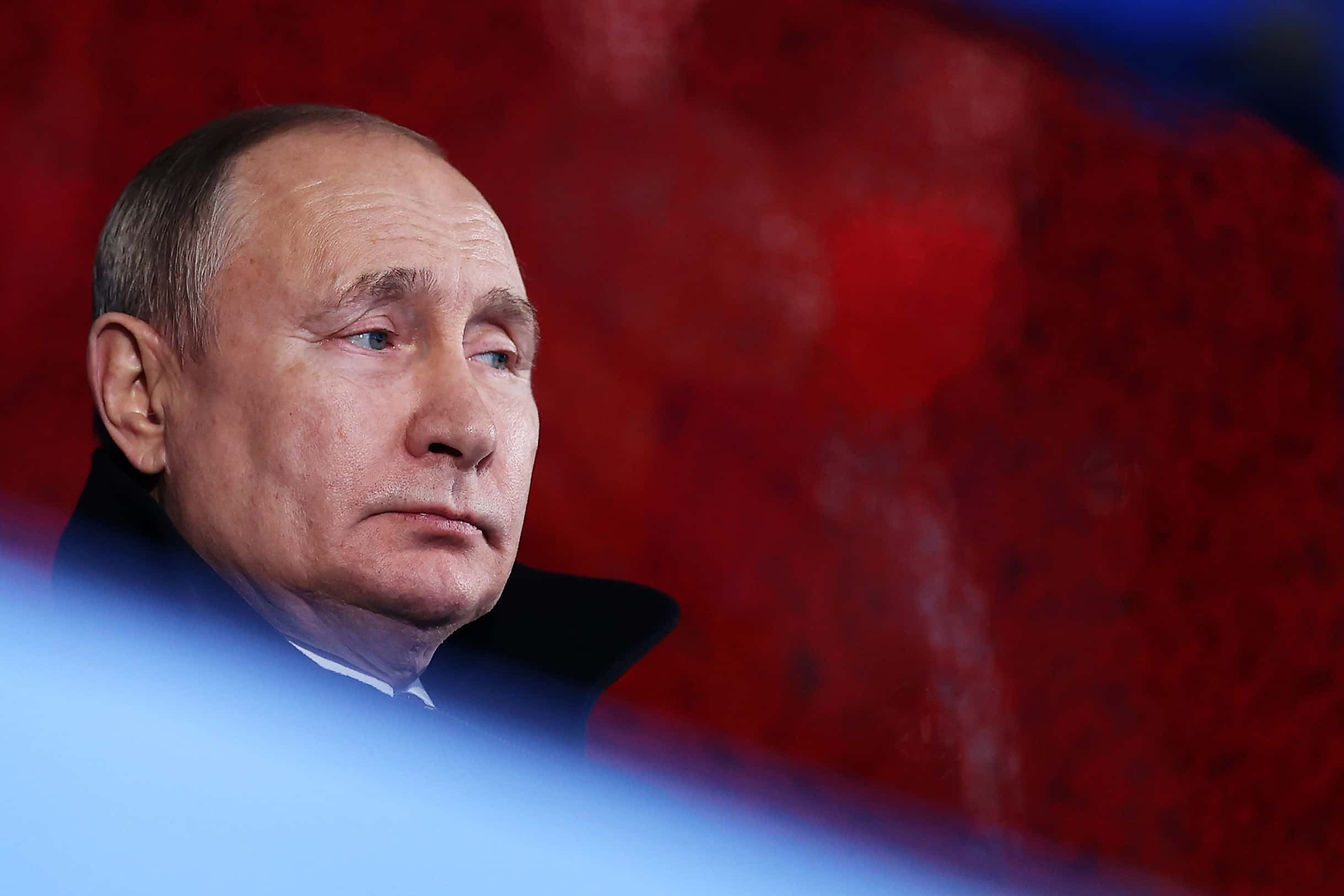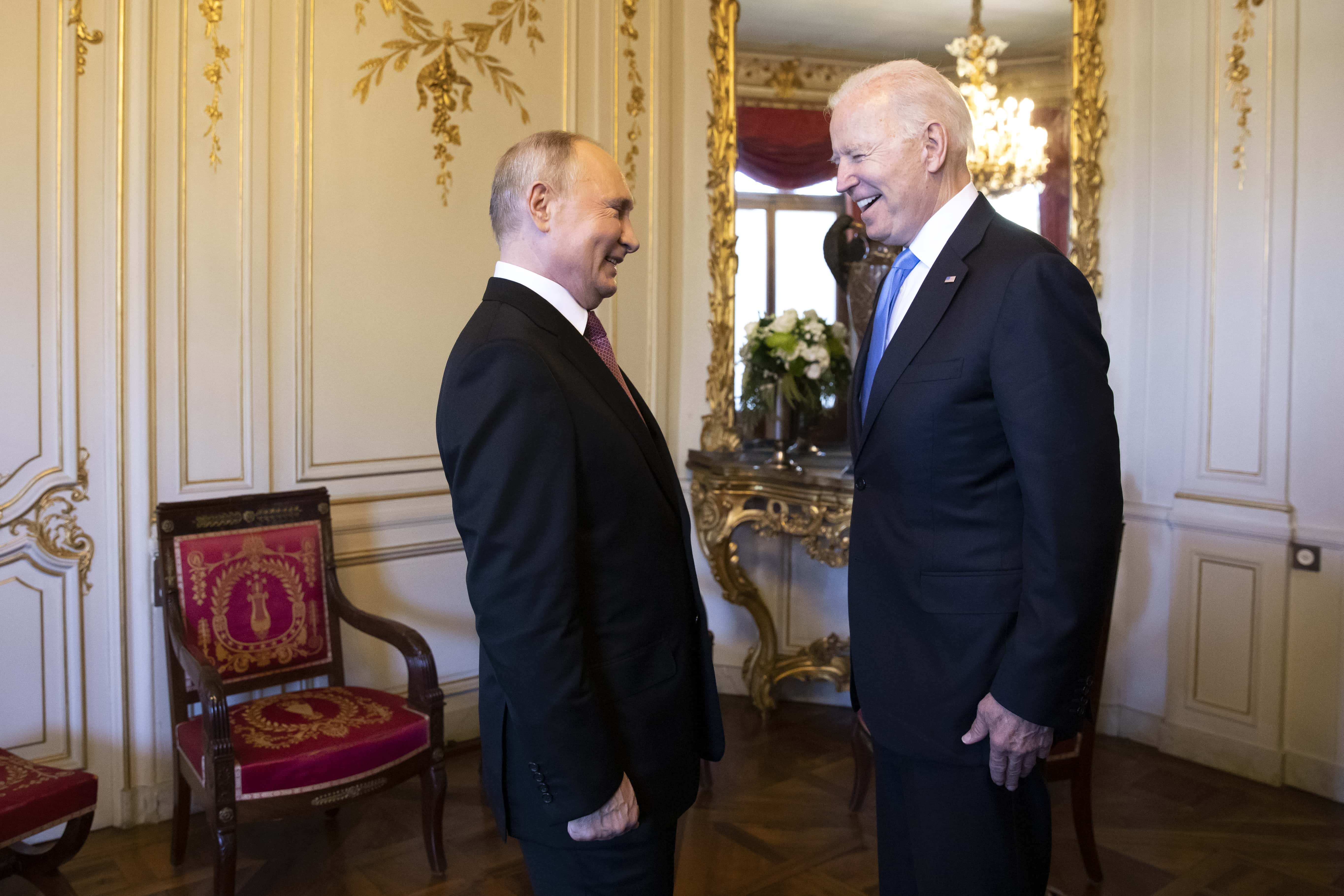Does Putin have cancer? Expert claims Russian leader had emergency surgery in Feb 2020

Vladimir Putin has always been famous for his fitness apart from his aggressive politics. But in recent days, several reports have come claiming that he is not in a good shape. Also, a photo of the Russian president released a few days ago showed him having a meeting with the governor of Saint Petersburg, Alexander Beglov, while looking pale and bloated, which sparked speculations that he could be seriously ill.
Besides, it has been said that Putin’s decision to attack Ukraine probably has some connections with not only his deranged mental health but also with his deteriorating physical state. Though there is no word from the Kremlin about the 69-year-old’s health, several researchers have claimed that he’s suffering from something serious and life-threatening.
READ MORE
Meet Putin's Musketeers: Crack team of agents protect Russian prez from killers, coups and Covid
'Wanted Dead or Alive': Russian investor Alex Konanykhin places $1M bounty on Putin's head
Does Putin have cancer?
Political scientist Valery Solovei, who served as the head of the Public Relations Department at Moscow State Institute of International Relations, has earlier said that Putin is suffering from cancer along with Parkinson's disease. To substantiate his claims, he also noted that the Russian boss underwent emergency surgery in February 2020. Solovei had said: “One is of psycho-neurological nature, the other is a cancer problem. If anyone is interested in the exact diagnosis, I'm not a doctor, and I have no ethical right to reveal these problems.”

He added: “The second diagnosis is a lot, lot more dangerous than the first named diagnosis as Parkinson’s does not threaten physical state, but just limits public appearances. But there is a fatal diagnosis. Based on this information people will be able to make a conclusion about his life horizon, which wouldn’t even require specialist medical education.”
Another source had said that Putin had an abdominal cancer surgery. It was also claimed that in early 2021, he will leave his presidential chair. But Putin's spokesman Dmitry Peskov had refuted those claims and branded them as “absolute nonsense”.

However, with the onset of the pandemic, the claims that Putin is having cancer have been getting strong as he has been seen taking extreme measures to avoid getting the virus. The Sun reported that “people who are taking immune-suppressing medication, such as cancer patients or those with chronic conditions, are known to be at a higher risk of contracting a severe case of Covid. And there has been a flurry of speculation over whether this is behind Putin's decision to sit meters away from foreign leaders and even his own colleagues.”
Last week, Republican senator Marco Rubio, who has the authority to see classified intelligence, also raised suspicious about Putin’s well-being as he tweeted: “I wish I could share more,but for now I can say it’s pretty obvious to many that something is off with #Putin He has always been a killer,but his problem now is different & significant It would be a mistake to assume this Putin would react the same way he would have 5 years ago.”
I wish I could share more,but for now I can say it’s pretty obvious to many that something is off with #Putin
— Marco Rubio (@marcorubio) February 26, 2022
He has always been a killer,but his problem now is different & significant
It would be a mistake to assume this Putin would react the same way he would have 5 years ago
Apart from this, Fiona Hill, the British former senior White House expert on Russia, has commented on Putin and tried to provide the reason behind his changed appearance. She explained: “Putin’s not looking so great, he’s been rather puffy-faced. We know that he has complained about having back issues. Even if it’s not something worse than that, it could be that he’s taking high doses of steroids, or there may be something else. There seems to be an urgency for this that may be also driven by personal factors.”

Hill noted: “He may have a sense that time is marching on - it’s 22 years (in power), after all, and the likelihood after that kind of time of a Russian leader leaving voluntarily or through elections is pretty slim. Most leaders leave either like Belarusian president Alexander Lukashenko thought that he might leave, as the result of massive protests, or they die in office.”










